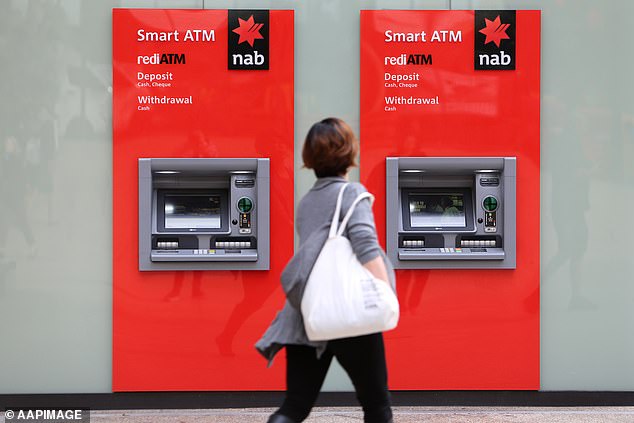One of Australia’s biggest banks has just handed out a surprise gift to house hunters trying to close on a home of their own.
NAB has cut its three-year fixed rate for home loans by 0.6 per cent to 5.99 per cent.
The interest rate drop makes NAB the first of Australia’s “big four banks” to offer potential buyers a loan product with a “five” up front, excluding Commonwealth Bank Unhua’s offerings.
It also marks the first fixed rate change by a major bank this year, according to RateCity.
“This is a strategic move by NAB in an attempt to test whether there is any appetite among borrowers to return to regulation,” RateCity research director Sally Tindall said.
A big bank fixed rate starting with a ‘five’ is likely to turn at least a few heads, particularly among those worried about the prospect of further cash rate rises.
“The popularity of fixed rates peaked in July 2021 when 46 per cent of new and refinanced loans chose a fixed rate, according to the ABS.
“This now stands at just 1.7 percent in the latest data.
NAB has cut its three-year fixed rate for home loans by 0.6 per cent to 5.99 per cent
“It’s hard to see people going back to fixed rates, but this sub-6 per cent rate from NAB is designed to test that.
“However, fixing for three years is a big financial commitment at any time, but especially when the future of the cash rate remains very uncertain.”
The discount is only for the three-year product and only for owner-occupier borrowers paying principal and interest.
Borrowers must own at least 30 percent of their property for a loan-to-value ratio of 70 percent or less.
NAB rivals Commonwealth Bank, Westpac and ANZ offer three-year fixed rates of 6.59 per cent.
For five-year products, CBA and Westpac offer loans at 6.69 per cent, while NAB offers 6.79 per cent and ANZ offers 6.84 per cent.
Ms Tindall said a fixed rate could offer borrowers relief from being tracked by the Reserve Bank of Australia’s every thought and expression.
The RBA sets the cash rate, which serves as a benchmark for interest rates across the economy.
“RBA Governor Michele Bullock has said the cash rate is in ‘constraint territory’, meaning it is likely to be cut at some point, however, even the RBA does not know exactly when that will be , as and if we are likely to see more growth before then,’ said Ms Tindall.
For those looking for relief from having to follow every RBA opinion, a fixed rate could be the reassurance they need, even if they end up paying more for that peace of mind.
“For those looking to pay the least amount of interest possible, it can end up being a gamble between a very competitive variable rate and a short-term fixed rate.”
“The RateCity.com.au database shows the lowest one-year fixed rate is 5.74 per cent, while the lowest variable is just 0.01 percentage points higher at 5.75 per cent.
“There is hardly a crack of light between the two rates, but a few changes in the money rate either way would change this equation completely.
Borrowers considering a fixed rate should know that these loans are much less flexible, with limits on additional payments and usually no access to an offset account.
Short-term fixed rates can also be a lot more work as you’ll need to renegotiate your loan, or potentially refinance at the end of the fixed-rate period.
‘The last thing you want to do is switch to a very uncompetitive variable rate once your fixed rate term expires.’
